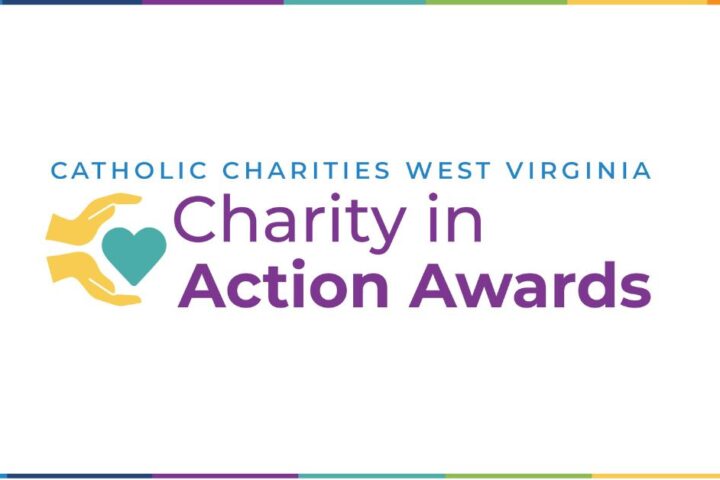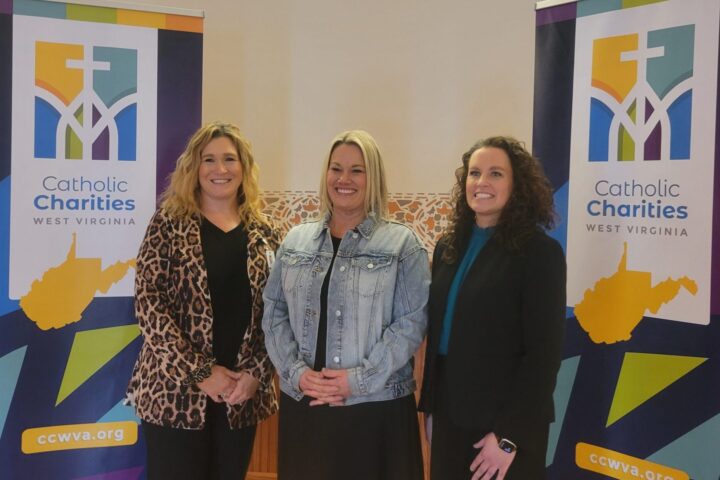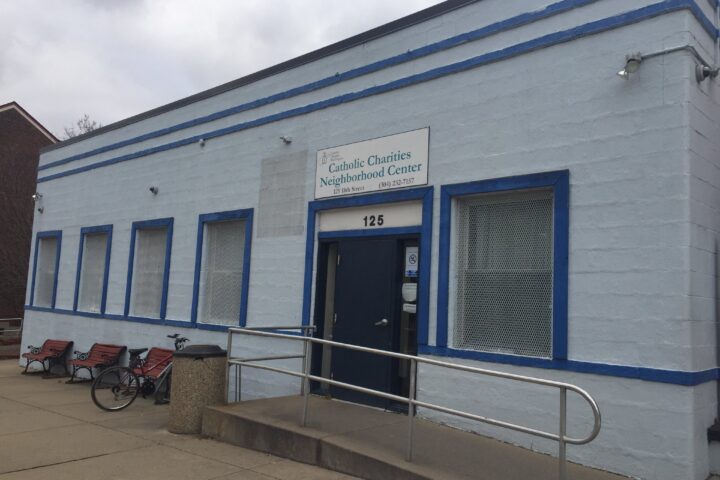“We as individuals don’t have to save the world – indeed we cannot – but we can choose to become part of the structures of grace through which the Church tries to take care of the poor in the name of Jesus, who came “that the world might be saved through him” – Father Justin Blanc
to save the world – indeed we cannot – but we can choose to become part of the structures of grace through which the Church tries to take care of the poor in the name of Jesus, who came “that the world might be saved through him” – Father Justin Blanc
By Rev. Justin Blanc
Who is my neighbor? Or rather, as the Gospel invites us to ask: To whom am I willing to make myself a neighbor? In our globalized world in which we have access to news and images from everywhere, we can no longer claim ignorance in front of the unchosen poverty of so many of our brothers and sisters. There is a scandalous gap between rich and poor countries in the world, and even in our undeniably rich nation we are witnessing a growing gap between wealthy and poor counties. Sociologists tell us that the farther away someone is geographically, the easier it is for us to feel detached and not responsible for that person’s need. If someone lives in the house next door or if there is a poor Lazarus literally on our doorstep, we may be moved to action. But what about when the person is far away, in a different neighborhood, in a different county of our state, or in a different nation of the world? It’s easy for us to shake our heads in pity about the situation and recognize the need for a change, as long as that change doesn’t touch us personally or slightly decrease our consumer habits.
Catholic social teaching shakes us from our complacency and calls upon us to respond in accord with Gospel principles. It is a central and essential element of our faith, rooted in God’s special love for the poor as announced by the Hebrew prophets and in the life and words of Jesus Christ who came “to bring glad tidings to the poor” (Lk 4:18) and who identified himself with “the least of these,” the hungry and the stranger (cf. Mt 25:45).
Just as there are structures of sin that lead to injustice, there are structures of grace in the world. The Catholic Church, while always in need of conversion, provides such a structure of grace. We as individuals don’t have to save the world – indeed we cannot – but we can choose to become part of the structures of grace through which the Church tries to take care of the poor in the name of Jesus, who came “that the world might be saved through him” (Jn 3:17).
As we consider our personal responsibility as followers of Christ – truly, our ability to respond – to the needs of our neighbors, we would do well to inform ourselves and consider contributing to the work of Catholic Charities West Virginia at home and that of Catholic Relief Services abroad.
As published in The Voice, the quarterly newsletter of Catholic Charities West Virginia, Volume 17, Issue 2, August 2017



